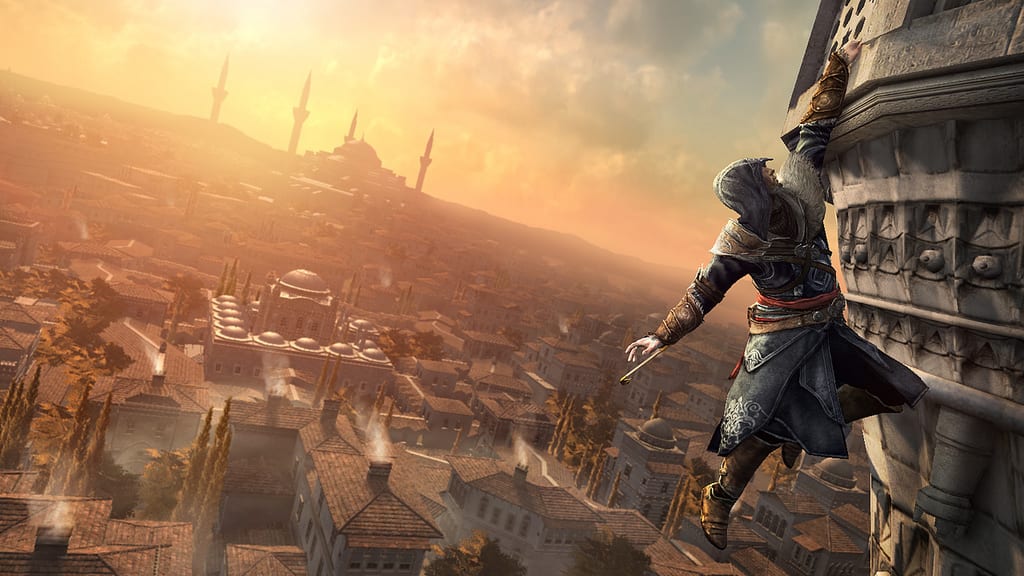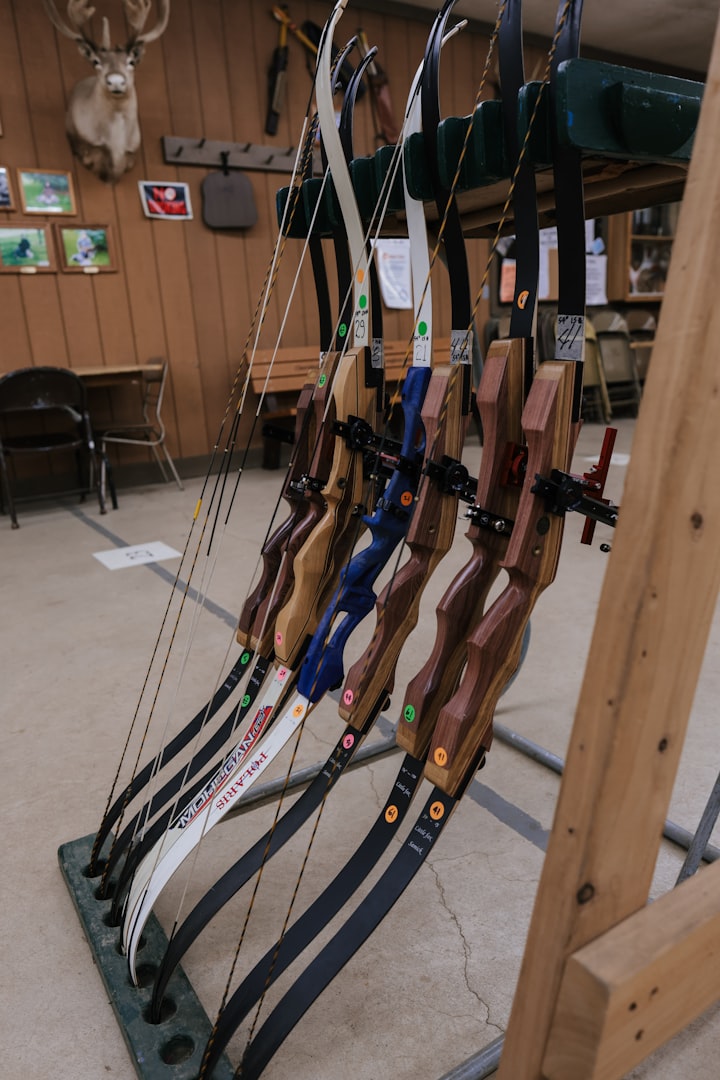Assassin’s Creed Origins: How It Could Save The Franchise
The Assassin's Creed franchise has succumb to a steady decline, here's how Origins could reverse the tide.

One of the main attractions of the Assassins Creed series is its immeasurable scope, with the tantalising idea that any game could visit any place in any part of history always present. It’s a shame, then, that over nine instalments (not to mention a host of smaller titles for handheld and beyond) the franchise has begun to lose its dedicated fan base due to repetitive gameplay, the bug-riddled experience of Assassins Creed: Unity and much-hated additions like the ‘Den Defence’ mode of Assassins Creed: Revelationshave lead to the series detriment. In fact, the most recent game in the main series, Syndicate, proved unsuccessful commercially speaking, despite undoubtedly being a better game than its predecessor, Unity. What is most encouraging about upcoming addition Assassin’s Creed Origins, then, is not its intensely interesting setting – though that does present opportunities – but its guarantee of innovation for the series.
Origins’ ancient Egyptian setting marks a change for Ubisoft’s huge gaming franchise, but more than simply taking the series before the birth of Christ, it also promises to introduce much-needed alterations to the gameplay and the world around the player. Origins is set to break the cycle of yearly releases that has stood since 2009’s Assassins Creed II, and as such, promises to use that extra time to create and introduce something new to the decidedly stagnated series.
From what we’ve seen of the gameplay so far, Origins seems to be taking inspiration from a variety of popular games to add depth to its own. Eagle Eye takes a more literal approach as you use a pet eagle to track enemies and plan routes (à la Far Cry Primal), looting and crafting systems have been made more complex like those you might find in an RPG and NPCs seem to be inspired by the ‘radiant’ AI popularised by Bethesda on Elder Scrolls IV: Oblivion, with game director Ashraf Ismail saying “The NPCs are living a life in this world which includes working, sleeping, socializing, eating, peeing, and so on.” One of the biggest changes comes in the form of skill trees, which will require players to upgrade their abilities before they can pull off those awesome but decidedly over-powered executions.
Where previous games in the series, particularly Unity and Syndicate, attempted to add more depth and complexity to combat but in truth only made it even easier, Origins appears to be making a shift to a more hands-on approach. Fights in Origins appear to use a fixed camera and favour a more responsive and dynamic style similar to Dark Souls or The Witcher, perhaps suggesting slightly tougher encounters. Also new to combat is upgraded ranged combat, which gameplay footage and trailers have suggested will include bows, spears and slow-mo kill cams. Even stealth combat and assassinations have been revamped, and according to Ismail, “You cannot assassinate anybody in the game with one shot... If you dedicate yourself to crafting your hidden blade, to increase the damage that it can do, you may get there, but you have to dedicate yourself to it.”
In a sense, all of this could be seen as a shift to an RPG-style game rather than the open world stealth/action-adventure that has dominated the series, and one of the key but decidedly more subtle alterations is the lack of a mini-map. Origins will favour an on-screen compass, not unlike the one in Skyrim, which shows the locations of nearby points of interest without covering a large portion of the screen. Moves like this have seemingly been made to add to the immersion of the gaming experience, hopefully allowing the Egyptian setting to seem more real and mesmerising. This compass will be used in conjunction with the greater range of quests and side-quests that Origins is said to offer, leading players to new and (with any luck) interesting characters offering optional missions. Again, not unlike an RPG.
Fans may be hoping that all these changes are made without sacrificing what makes an Assassins Creed game an Assassins Creed game. Assassins Creed IV: Black Flag garnered some criticism for being fairly removed from the Assassins narrative, but it also proved one of the series’ greatest successes, introducing a variety of new gameplay features, not least of which included underwater missions, ship-based exploration and harpooning sea creatures. On the other hand, not all of Ubisoft’s additions to the games have proven popular, with one in particular garnering criticism for its co-op gameplay and a land-locked environment. The additions brought to Unity were widely unpopular, with many fans preferring Rogue, which was released the same day as something for PS3 and Xbox 360 players who hadn’t yet upgraded, despite the game borrowing the gameplay of Black Flag, the setting of Assassins Creed 3 and the family theme prominent in the Ezio Trilogy. Ultimately, therefore, if Origins pulls off all the glorious new features it promises without a hitch, it could prove one of the series’, and Ubisoft’s, greatest successes. For now, all we can do is hope.





Comments
There are no comments for this story
Be the first to respond and start the conversation.